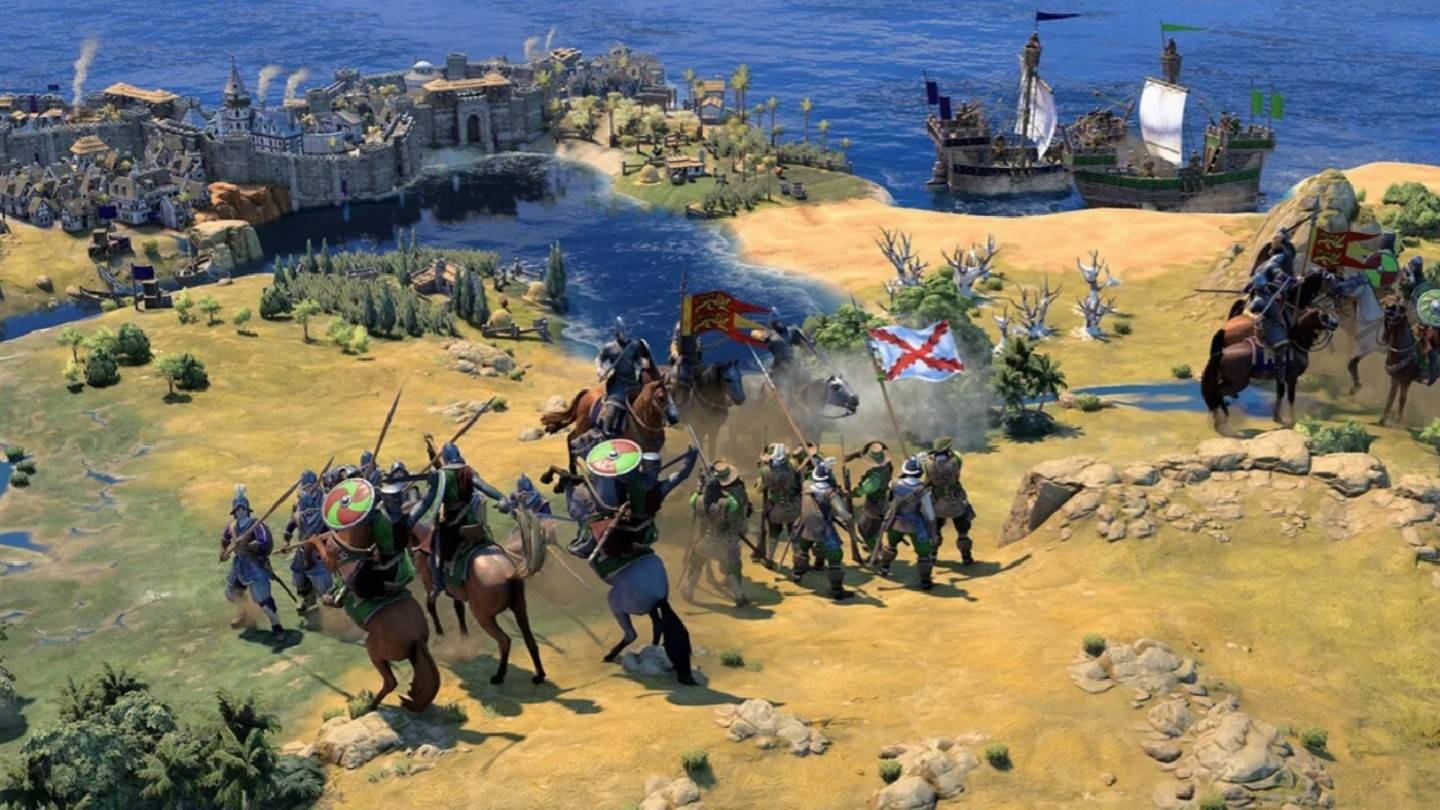
Sid Meier's Civilization VII initially faced criticism for its significant changes showcased during its first gameplay demonstration. However, based on final previews from journalists, the game's innovative approach is set to deeply resonate with strategy enthusiasts, offering a refreshing experience that won't disappoint fans of the series.
The seventh installment "shakes up" traditional gameplay by integrating a variety of new mechanics. A notable feature is the leader selection screen, where frequently used rulers by the player can earn unique bonuses, adding a personal touch to strategy. The game spans multiple eras, including Antiquity, Medieval, and Modernity, each providing an "isolated" gameplay experience that feels like starting a new game within the same playthrough.
Key highlights of Civilization VII include:
- The introduction of numerous mechanics that are new to the series, enhancing the overall depth of gameplay.
- The ability to select leaders independently from civilizations, which adds a strategic layer to the game.
- Three distinct eras - Antiquity, Medieval, and Modern - allowing players to experience different periods with unique challenges and opportunities.
- The flexibility to swiftly alter the course of your civilization, offering dynamic gameplay.
- The removal of laborers, with cities now expanding autonomously, simplifying city management.
- Leaders gaining unique perks as players continue to use them, encouraging long-term engagement with specific leaders.
- A revamped diplomacy system where influence points serve as a "currency" for treaties, alliances, and condemning other leaders.
- Despite improvements, the AI still falls short, leading to recommendations for co-op play to enhance the gaming experience.
Gamers and critics alike view Civilization VII as the most audacious attempt to redefine the classic formula of the series, promising a bold and innovative take on the beloved strategy game.


 LATEST ARTICLES
LATEST ARTICLES 












